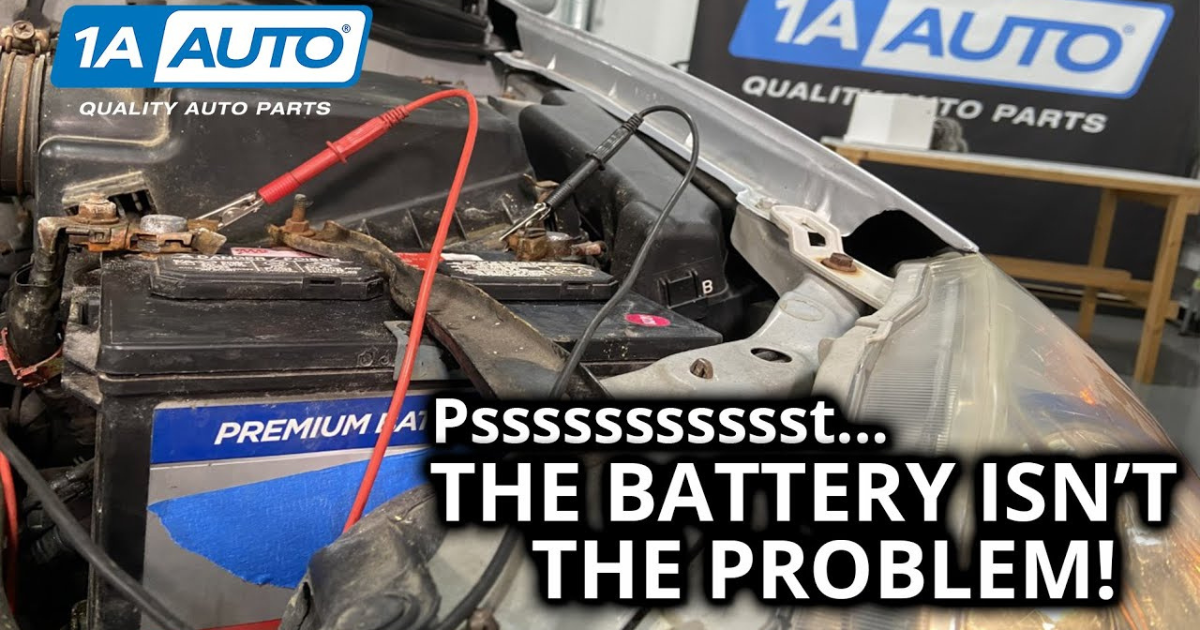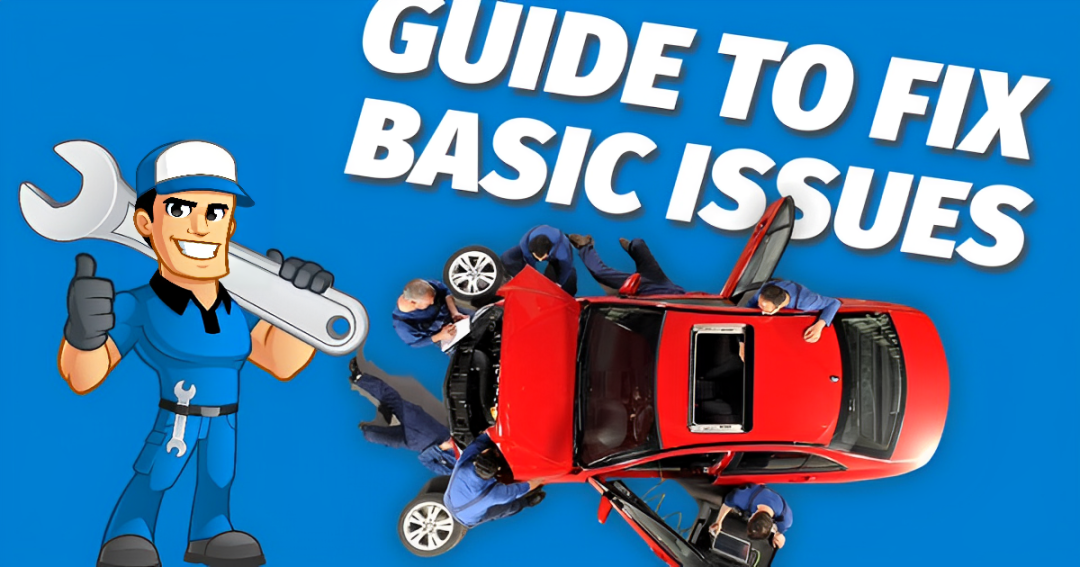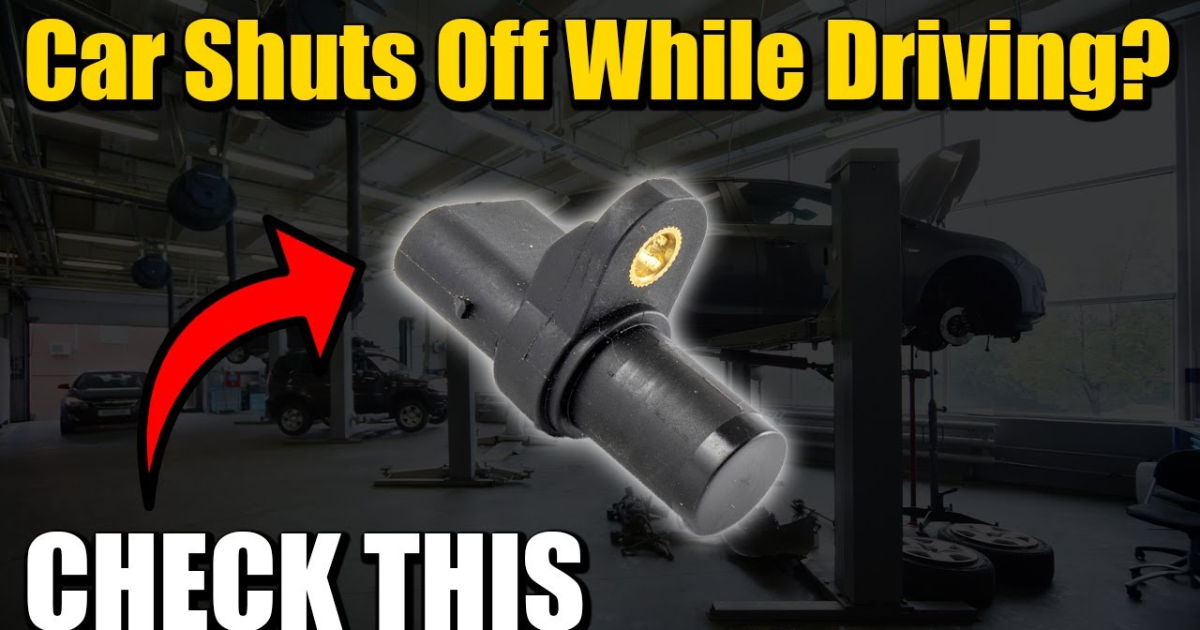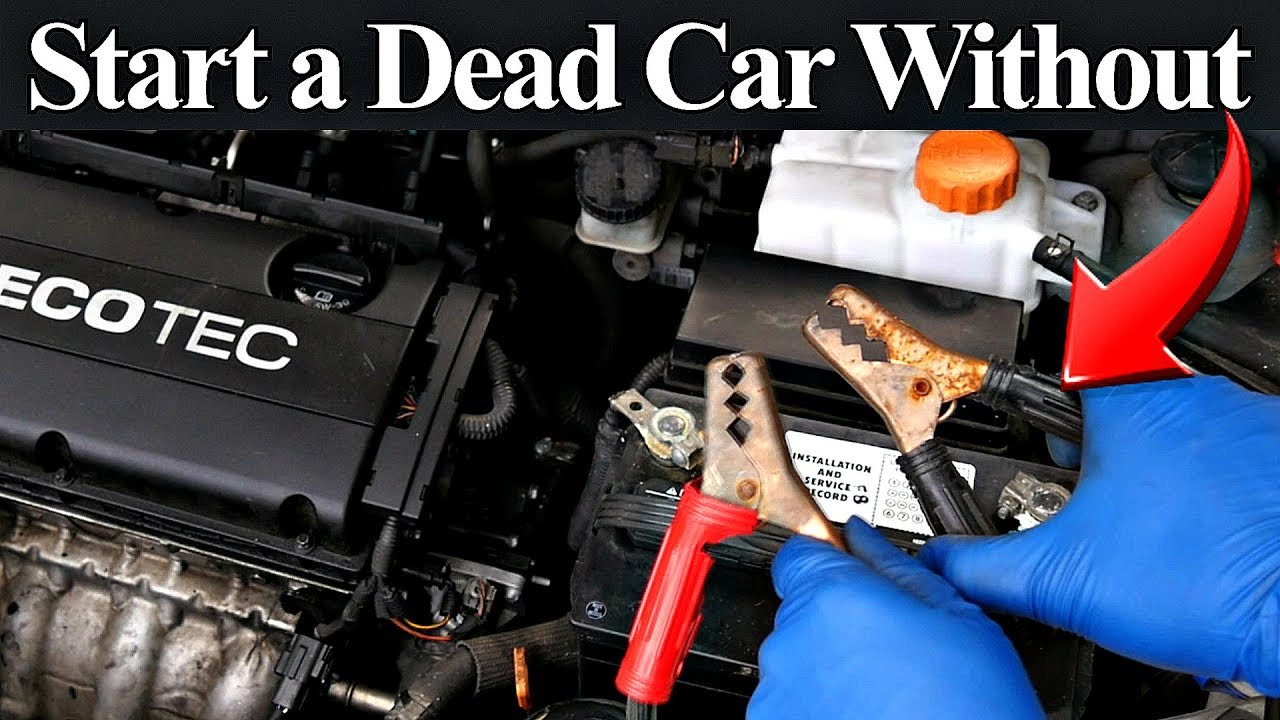It can be frustrating when your car won’t start even after installing a new battery. While battery issues are common, other factors could be responsible for the problem. In this article, we will discuss possible reasons why your car won’t start with a new battery and provide solutions to help you resolve the issue.
Possible Reasons Why Your Car Won’t Start with a New Battery
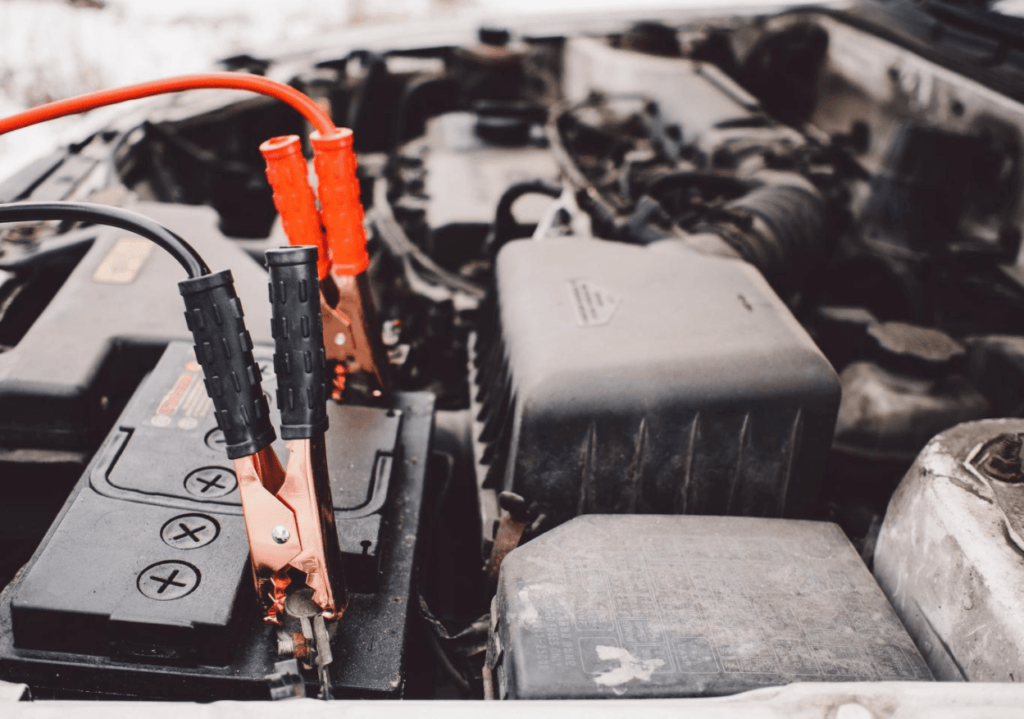
- The Battery Isn’t Properly Connected
If the new battery isn’t fixed properly, it can prevent your car from starting. Check the battery terminals and ensure they are securely connected. - Ignition Switch Problems
The ignition key is the point of contact to start your car. If there’s a problem with it, the engine will not work, even if your battery is brand new. Turn on an electric feature like your headlamp to ascertain if the problem is with the ignition or the battery. - Bad Starter Motor
The starter motor is responsible for completing the ignition process. If it’s faulty, your car won’t start even with a new battery. Listen to the engine when you turn the ignition. If you hear a clicking sound, it’s likely the starter motor is bad. - Empty Gas Tank
It may sound obvious, but sometimes, you may forget to fill the gas tank. Your car can’t run on an empty tank, so always check your fuel level before concluding that the problem is with the battery. - Clogged Fuel Filter
A clogged fuel filter can prevent the flow of gasoline to the engine, causing your car not to start even with a new battery. Change your fuel filter after traveling for about 20,000km to prevent this issue. - Faulty Alternator
The alternator is responsible for transforming chemical energy into electrical energy and recharging the battery. If it’s faulty, your car might not start even with a new battery.
Solutions to Resolve the Issue
- Check the Battery Connections
Examine and ensure that the battery is fixed correctly. Check the position of the wires and recheck them to ensure they are properly connected. - Clean the Corrosion and Fix Loose Connections
If you notice corrosion on the battery terminals, clean it off using a wire brush or a battery terminal cleaner. Also, check for loose connections and tighten them if necessary. - Test the Alternator
To test the alternator of your car, unplug the positive connection when the vehicle is running. If the vehicle stops automatically, it indicates that the alternator is faulty and needs replacement. - Jumpstart the Car
Try jumpstarting the vehicle if you are unsure why the car won’t start even with a new battery. If it works, the fault is either your alternator or battery. One of them is weak and needs an upgrade. - Change the Fuel Filter
Check the fuel filter and see if it’s clogged. If it is, visit a technician to get a new one. - Consult a Technician
If you’ve tried all the solutions above and your car still won’t start, consult a technician. They have the expertise and tools to diagnose and resolve the issue.
